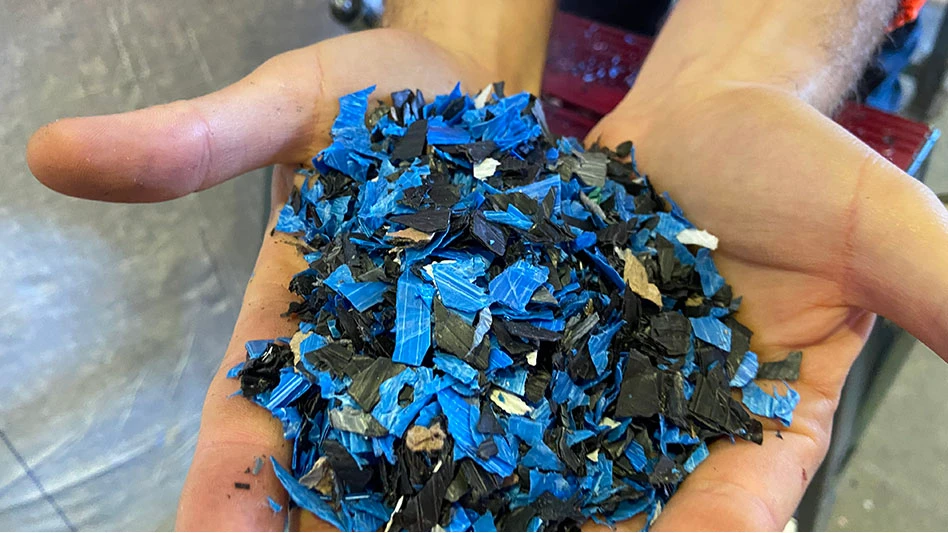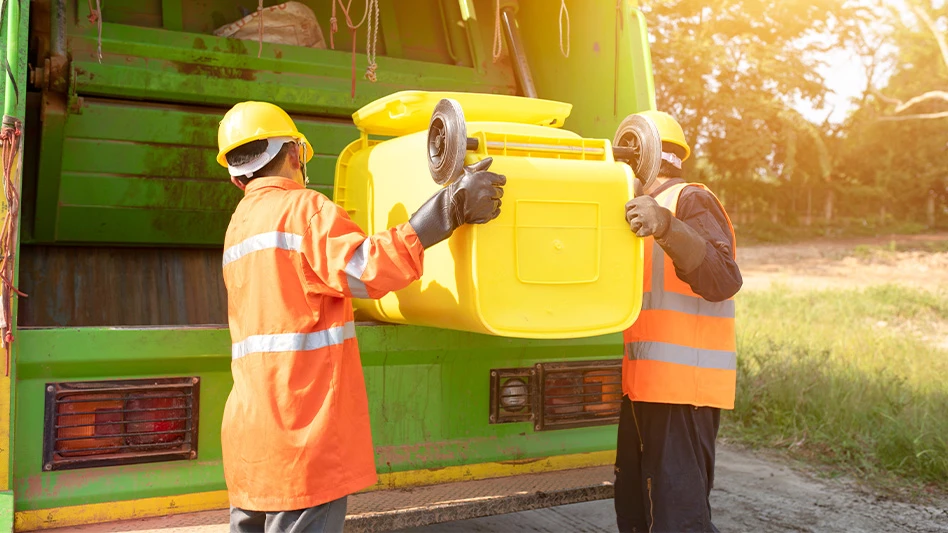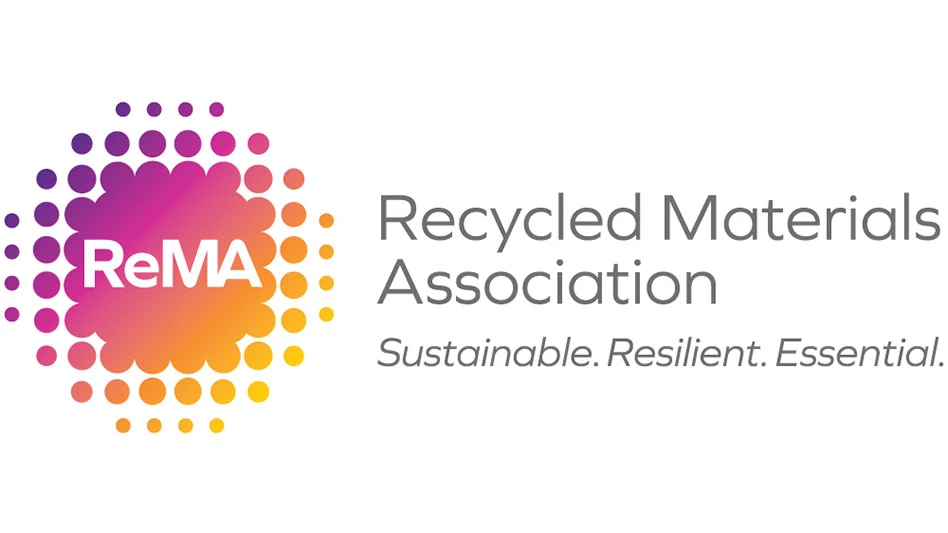
overcrew | stock.adobe.com
ASTM International’s recovered carbon black (rCB) committee (D36) has announced it is developing a proposed standard to guide users of rCB on how long the material can be stored and the effect that prolonged storage could have on the material.
Recovered carbon black is made from end-of-life tires and has applications in the tire, rubber goods, plastics and pigment industries.
ASTM member Joe Hallett says the purpose of the proposed standard (WK73460) is to provide a better understanding of the shelf life of rCB so unnecessary disposal of good material can avoided.
“Many substances have a ‘best before date’ that guides users when a substance loses some of its original performance or properties,” he says. “This guidance does not prevent use after this date but informs users that extra checks may be required before use to ensure it is still suitable for their application.”
Hallett says the purpose of the proposed standard will be to inform users of rCB that after 12 months, the material should be checked to ensure it is still suitable for use.
Interested parties are invited to join in the development of WK73460. In particular, the committee is seeking data from users and producers indicating that the performance of their products is not affected by age.
The D36 committee contact is Melissa Marcinowski at 610-832-9626 and mmarcinowski@astm.org.
ASTM says this effort directly relates to the United Nations Sustainable Development Goal No. 12 on responsible consumption and production.
Those interested in becoming an ASTM member should visit here.
Latest from Recycling Today
- Vermeer announces plan to build new facility in Des Moines metro area
- PureCycle, Toppan partner on packaging containing PCR
- LKQ to focus on simplification, productivity in uncertain demand environment
- Supreme Court strikes down IEEPA tariffs
- Redwood expands San Francisco R&D footprint
- Constellium posts record Q4 adjusted EBITDA
- QCC torches include customizable features
- Umicore finishes 2025 with increased earnings





